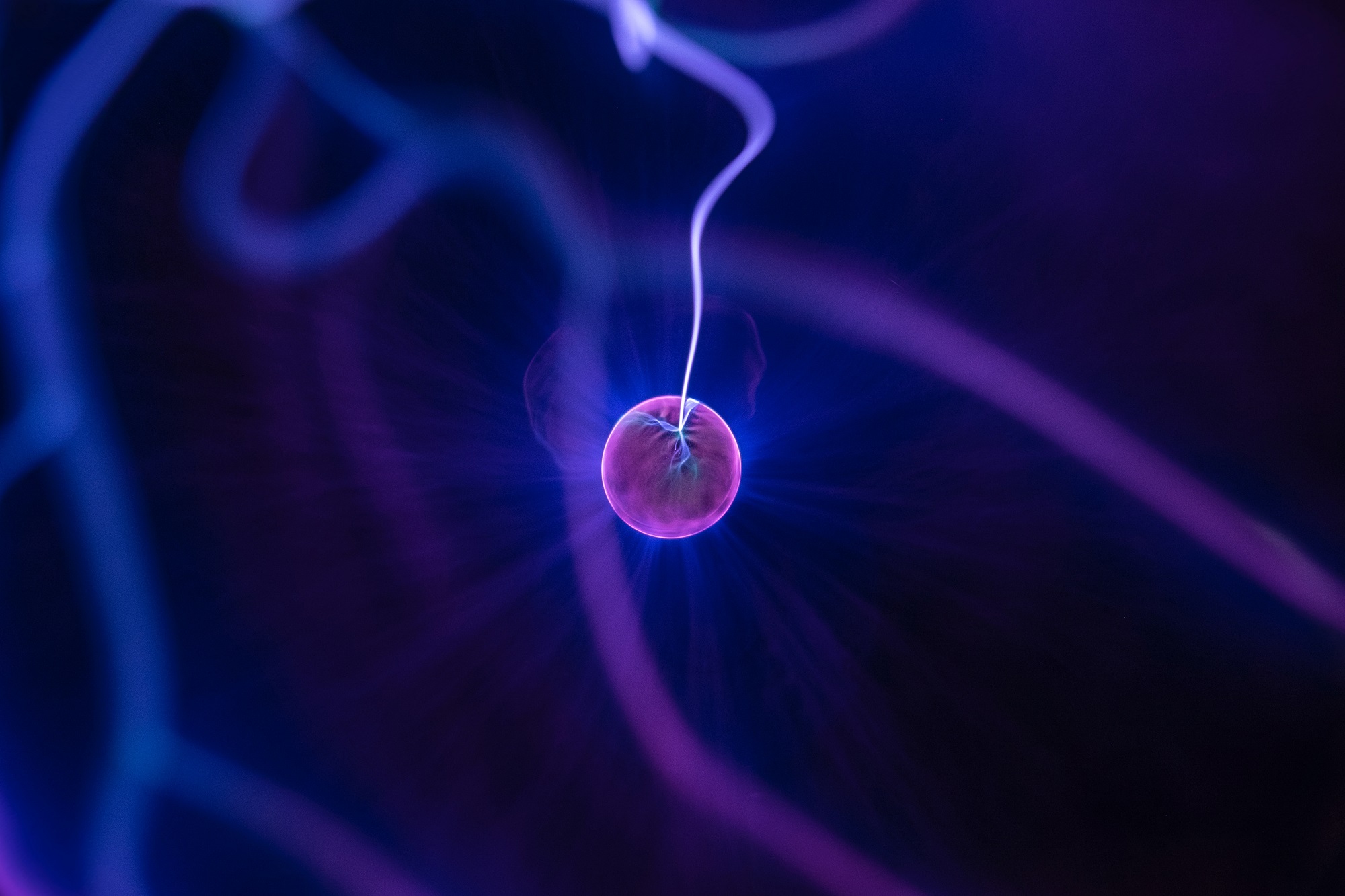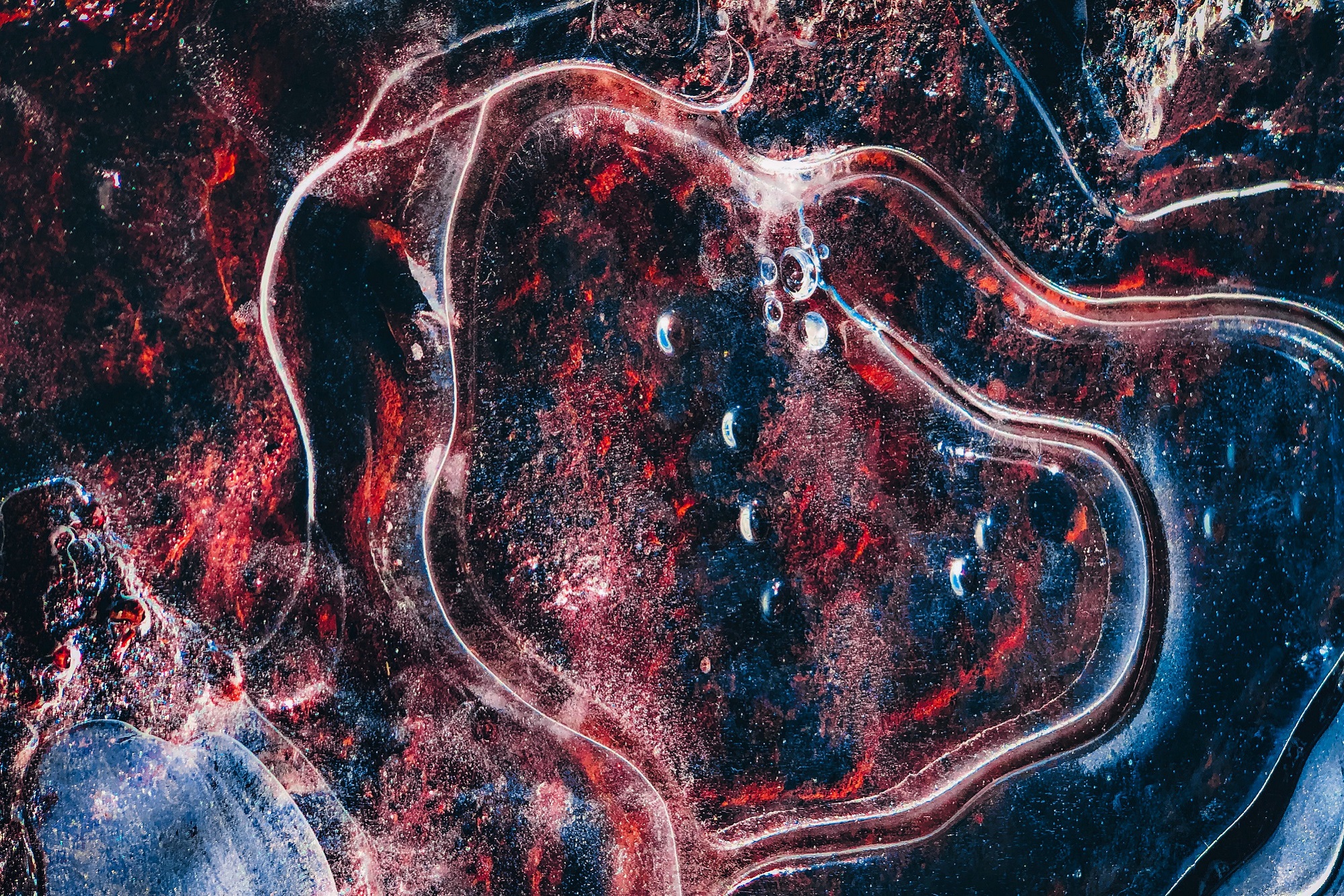Features & Solutions
Applications
Detecting protein-protein interactions
splitFAST is a user-friendly, split reporter with rapid and reversible fluorescence complementation allowing the study of dynamic and transient interactions.
You are interested in
studying the role of protein-protein interactions in metabolic and signaling pathways or in disease states?
screening for inhibitors or stabilizers of protein- protein interactions for drug development and biological studies?
overcoming limitations of FRET-based approaches (requiring comparable and high levels of the two interacting proteins for efficient detection and sophisticated microscopy set-ups for precise quantification) and split fluorescent proteins (suffering from slow and irreversible complementation)?
Compatible techniques
MICROSCOPY
FLOW CYTOMETRY
MICROPLATE READERS
How can splitfast help you?
splitFAST is composed of two complementary fragments of FAST with minimal affinities for each other. When fused to two interacting proteins, the two complementary fragments fold into a functional splitFAST that binds reversibly TFFluorogens, synthetic fluorogenic dyes that are dark in water and fluoresce only when bound to splitFAST, allowing specific detection of protein-protein interactions.
- Deciphering the role and function of protein-protein interactions in various cellular processes and the dissection of complex interaction networks.
- Screening of small molecules or biologicals able to induce the interaction between two proteins or to block the interaction between two proteins for research or therapeutic use.
- Designing biosensors able to report in real-time the presence of an analyte or changes in cell physiology.
Other key features:
- splitFAST allows the observation of protein-protein interactions in various cellular compartments (cytosol, nucleus, plasma membrane).
- spliFAST complementation is rapid and reversible allowing the real-time monitoring of complex formation and dissociation.
recent papers about this application
A split fluorescent reporter with rapid and reversible complementation
Published in Nat. Commun. 10, 2822 (2019)
In this paper, Pr. A. Gautier reports the development of splitFAST, which displays rapid and reversible complementation...
…allowing the real-time visualization of both the formation and the dissociation of a protein assembly in various cellular compartments (cytosol, nucleus, plasma membrane). This unprecedented behavior opens exciting prospects to study the role and function of protein-protein interactions in various cellular processes and dissect complex interaction networks.
Other Applications





